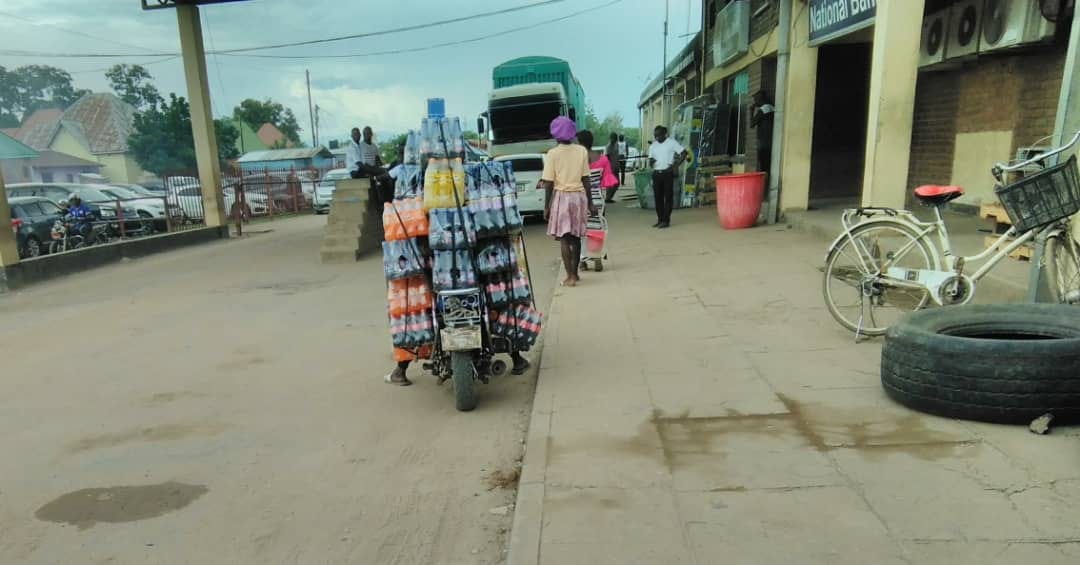Motorcyclists Aid Traders, Evade Taxes at Songwe Border
The motorcyclists admitted to utilizing precarious routes, including the Songwe River, where Tanzanian authorities pose a threat of confiscation and arrest.
KARONGA, Malawi— Kabaza (taxi) motorcycle operators have been facilitating tax evasion for traders by utilizing uncharted routes, turning the Songwe border into a hub for smuggling goods, especially soft drinks, into Karonga district, writes Wezzie Mwangonde.
"These operators assist in bypassing tax regulations, often paying a mere K1000 to slip through border controls," said an anonymous motorcyclist at Songwe border.
"We're aiding in smuggling soft drinks from Kasumulu border post in Tanzania, enabling business owners to avoid tax payments."
However, this illicit operation comes with significant risks.
The motorcyclists admitted to utilizing precarious routes, including the Songwe River, where Tanzanian authorities pose a threat of confiscation and arrest.
"This malpractice is a significant contributor to the country's loss of tax revenue," stated Principal Group Village Headman Mwandenga of Senior Traditional Authority Mwakaboko.
"It impedes the region's development."
Economic journalist Kingsley Jassi underscored the root cause, citing economic desperation as the driving force behind such illegal activities.
"Local industries offering affordable goods could dissuade smuggling practices," Jassi commented.
"Empowering these motorcycle operators with legitimate business opportunities is crucial."
Steve Kapoloma from Malawi Revenue Authority emphasized the need for public awareness regarding the consequences of smuggling.
"Tax revenue is pivotal for development projects," Kapoloma remarked.
"Collaboration among government agencies and stakeholders is imperative to combat these issues."
Kapoloma also stressed the risks associated with smuggled goods, emphasizing the importance of allowing only legitimate imports into the country to protect public health and safety.
Efforts are ongoing to address this issue, balancing economic support with the necessity of upholding tax laws and ensuring the safety and legitimacy of imported goods at the border.



